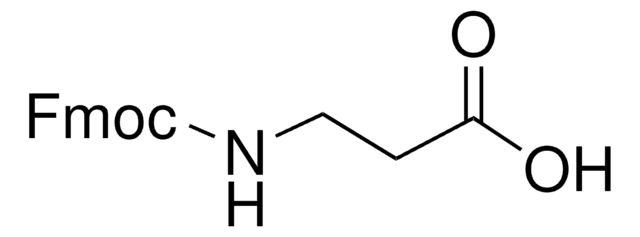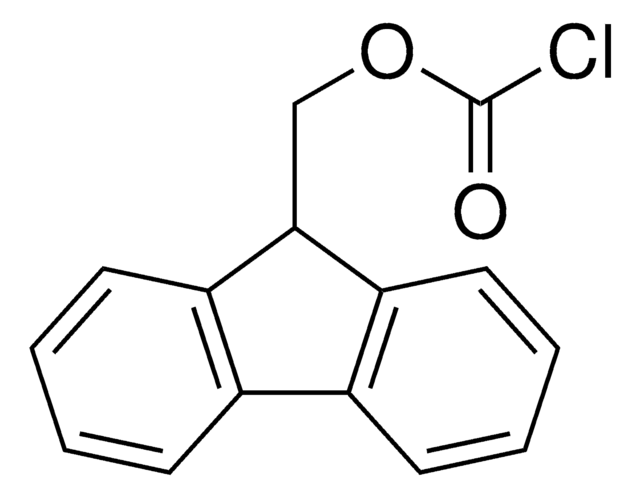50280
Gly-His hydrochloride hydrate
≥99.0% (calc. based on dry substance, AT)
Synonym(s):
Glycyl-L-histidine hydrochloride hydrate
About This Item
Recommended Products
Assay
≥99.0% (calc. based on dry substance, AT)
optical activity
[α]20/D +31.5±1.0°, c = 2% in H2O (dry matter)
reaction suitability
reaction type: solution phase peptide synthesis
impurities
~1 mol water
application(s)
peptide synthesis
SMILES string
O.Cl.NCC(=O)N[C@@H](Cc1c[nH]cn1)C(O)=O
InChI
1S/C8H12N4O3.ClH.H2O/c9-2-7(13)12-6(8(14)15)1-5-3-10-4-11-5;;/h3-4,6H,1-2,9H2,(H,10,11)(H,12,13)(H,14,15);1H;1H2/t6-;;/m0../s1
InChI key
VGVLXWZHJBRECR-ILKKLZGPSA-N
Looking for similar products? Visit Product Comparison Guide
Storage Class Code
11 - Combustible Solids
WGK
WGK 3
Flash Point(F)
Not applicable
Flash Point(C)
Not applicable
Personal Protective Equipment
Choose from one of the most recent versions:
Already Own This Product?
Find documentation for the products that you have recently purchased in the Document Library.
Our team of scientists has experience in all areas of research including Life Science, Material Science, Chemical Synthesis, Chromatography, Analytical and many others.
Contact Technical Service








